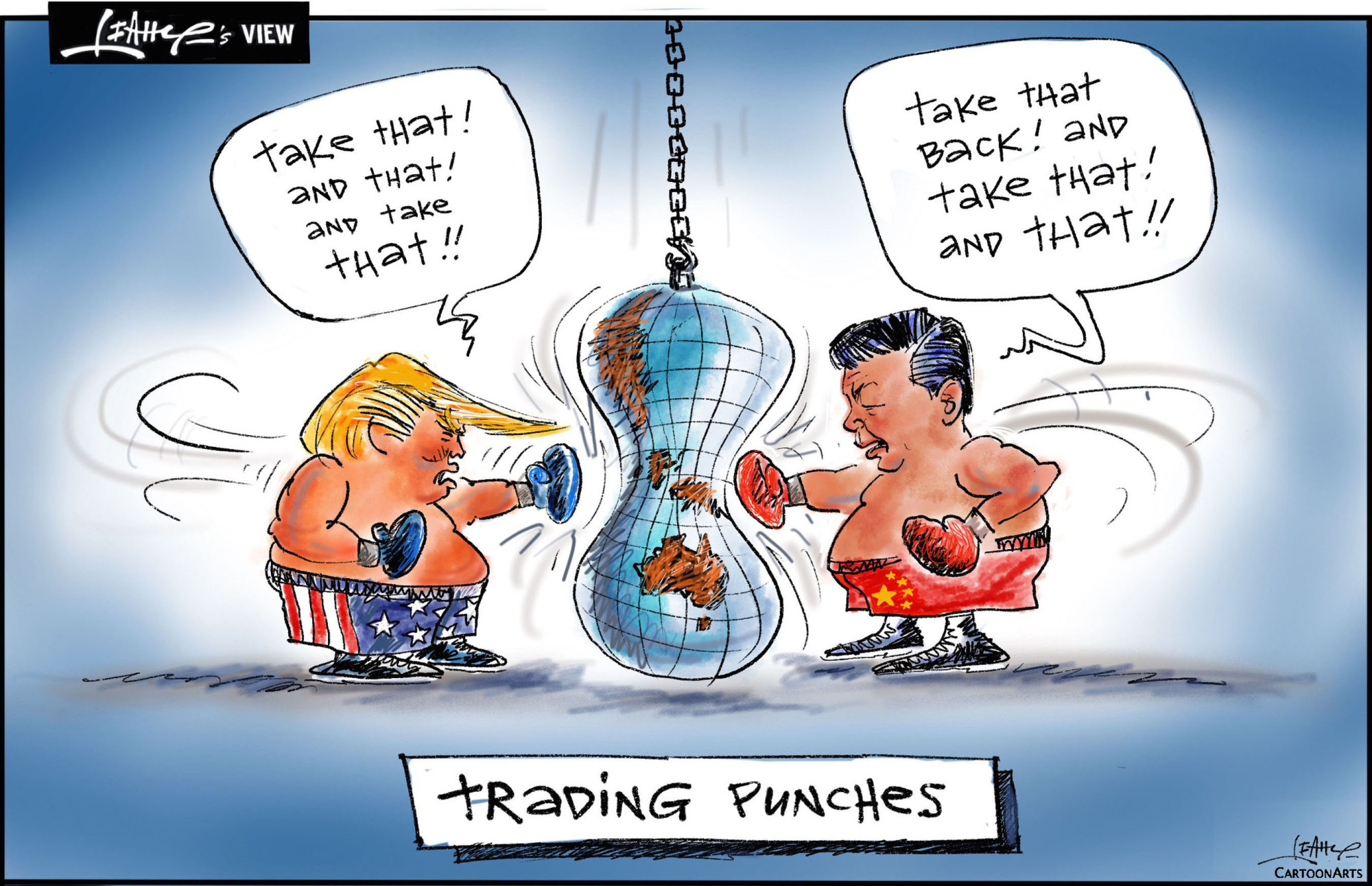The constantly changing dynamic of U.S.-China relations challenges the most acute observers and experts to explain what is exactly going on. Of course, U.S. President Donald Trump's standard "disruptive" approach to diplomacy and negotiations, in which he is seemingly operating in an inchoate fashion, adds to the complexion. Trump now appears to be willing to find a compromise with Chinese leader Xi Jinping. We must realize that this could change overnight.
There are crucial diplomatic steps being taken. The question is whether Xi is prepared to move forward after discussions between U.S. Secretary of State Mike Pompeo and Chinese Foreign Minister Wang Yi in Bangkok. U.S. Trade Representative Robert Lighthizer and Treasury Secretary Steven Mnuchin had "productive" phone conversations with Vice Premier Liu He and Commerce Secretary Zhang Shan that led to Trump delaying some of the new tariffs on Chinese imports until Dec. 15 and a 90-day extension of U.S. business relations with Huawei.
Critical to this diplomatic process was the meeting held in New York on Aug. 13 between Pompeo and Yang Jiechi, director of foreign affairs of the Community Party of China (CCP), in which they had an extended exchange of views on the bilateral relationship. The result of the meeting is not publicly known. However, the discussion focused on trade, Hong Kong and Taiwan. In Bangkok, North Korea was one of the discussion points. Pompeo emphasized that the United States does not have a containment policy toward China.


















With your current subscription plan you can comment on stories. However, before writing your first comment, please create a display name in the Profile section of your subscriber account page.